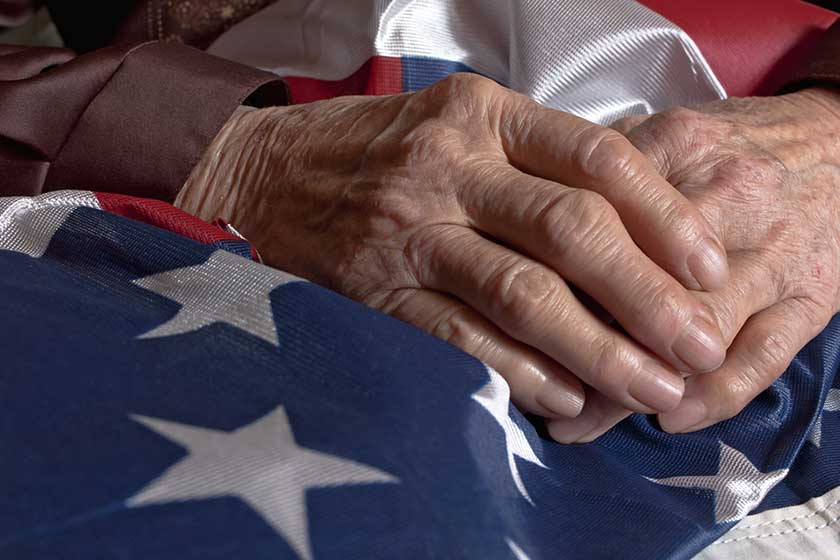If you’re a veteran looking to move into senior living, you may be eligible for many benefits. But some common misconceptions could leave you with less assistance than you deserve. To avoid this situation, we’ve put together a list of the top four myths about veterans benefits and independent living care. In this article, we’ll debunk some of the most common myths about veterans benefits for independent living care in Westerville, OH so that you can find the right program for your needs.
MYTH: VA Benefits Only Help Veterans In Skilled Nursing Homes
Veterans benefits are available for all veterans, even those not currently residing in a skilled nursing home. Veterans can get VA benefits for independent living care, which includes assisted living and other types of non-skilled care.
For example: A veteran who served in Iraq was injured by an IED explosion that resulted in severe brain damage and spinal cord injury. As a result of his injuries, he cannot walk or feed himself without assistance. His wife works full-time but cannot afford the cost of hiring someone else to help with their son’s care at home while she is working (a common problem among middle-class families). The family could apply for VA assistance through the Aid & Attendance benefit program–which would provide them with enough money each month so they could hire an aide during work hours so that both family members can continue working without worrying about their son’s well-being while away from home.
MYTH: Only Combat-Related Injuries Are Covered By The VA
The VA does not limit its care to combat-related injuries. The VA, including hearing loss, tinnitus, and speech disorders cover any service-connected disability.
Veterans can use their benefits for independent living care, assisted living communities, and nursing homes. These options allow veterans to live on their own or with a family member while still receiving medical services from a nearby hospital or doctor’s office.
Veterans who need more intensive medical care may qualify for hospice care at home or in an assisted living community where they receive round-the-clock attention from nurses specializing in palliative medicine (care that relieves symptoms without curing).
Myth: Independent Living Is Too Expensive
Fact: Independent living doesn’t have to be more expensive than assisted living. It all depends on your situation, but if you’re eligible for VA benefits, they may cover some or all of the cost of your independent living community. You can also get help from local veterans organizations, who often provide financial assistance for housing fees and other expenses related to independent living care, such as groceries and utilities. Some private charities and foundations also offer grants specifically targeted toward funding independent living care expenses.
Additionally, some programs offer financial assistance to veterans who qualify; these include Veterans Affairs Supportive Housing (VASH) vouchers and grants from local governments or nonprofit organizations like The Arc Foundation. Independent living may be a great option if you want to age in place but don’t have enough money saved up yet; this way, when your savings run out later on down the road (as they eventually will), then at least there’ll always be somewhere else nearby where other people are willing to help cover costs until then!
MYTH: Living In Independent Living Means I’m Giving Up My Independence And Privacy
While it’s true that veterans in independent living communities don’t have to share a room or bathroom with other residents, they can still enjoy all the privacy they need. Veterans can choose between individual rooms with private baths, shared rooms with private baths and common areas, or apartments that come fully equipped with their own kitchen and living room area.
Conclusion
The great news is that you’re entitled to veterans benefits for independent living care, and you should take advantage of them if you need to or want to.







